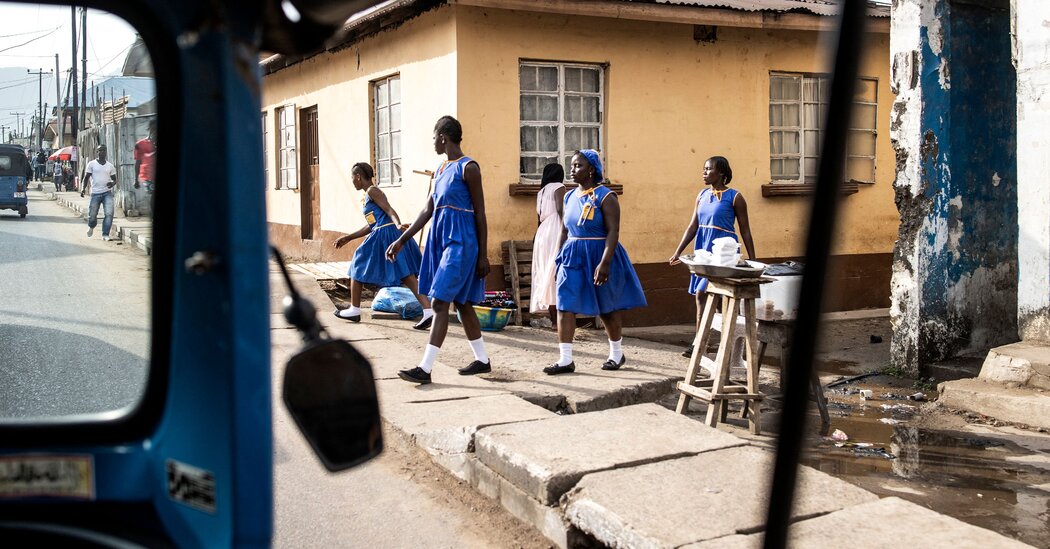
Nearly 1.5 million teenage girls in some of the world’s poorest countries will miss the chance to be protected from cervical cancer because the drugmaker Merck has said it will not be able to deliver millions of promised doses of the HPV vaccine this year.
Merck has notified Gavi, the international organization that helps low- and middle-income countries deliver lifesaving immunizations, and UNICEF, which procures the vaccines, that it will deliver only 18.8 million of the 29.6 million doses it was contracted to deliver in 2024, Gavi said.
That means that more than 10 million girls will not receive their expected HPV shots this year — and 1.5 million of them most likely will never get them because they will be too old to qualify for the vaccine in subsequent years.
Patrick Ryan, a spokesman for Merck, said the company “experienced a manufacturing disruption” that required it to hold and reinspect many doses by hand. He declined to give further details about the cause of the delay.
“We are acting with urgency and rigor to deploy additional personnel and resources to resolve this matter as soon as possible,” he said.
Mr. Ryan said that Merck would deliver the delayed doses in 2025.
He also said the company would ship 30 million doses of the vaccine to Gavi-supported countries this year. However, about a third of these are doses that were supposed to have been sent in 2023, leaving Gavi with the 10.7 million dose shortfall.
